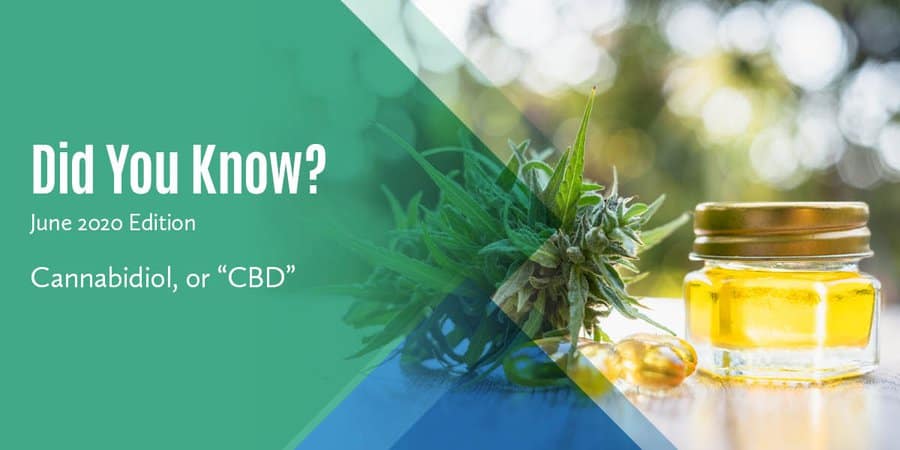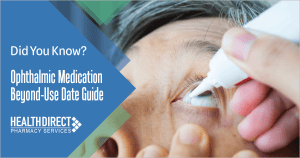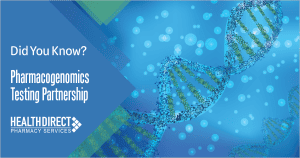Cannabidiol, or “CBD”
What is Cannabidiol?
Cannabidiol, also known as “CBD,” is becoming more and more popular in the US. Cannabidiol is a chemical found in theCannabis sativaplant, also known as hemp. CBD is the non-psychoactive part of the plant, whereas delta-9-tetrahydrocannabinol (THC) is the major psychoactive part. More than 80 chemicals or cannabinoids including CBD have been identified in hemp plants, many of which have medicinal properties.
CBD laws and regulations are determined at the state level. Please check with your particular state for state-specific information.
Conditions that CBD is Used as Treatment
CBD is used for a variety of ailments, including stress, sleeplessness, anxiety, depression, and pain. Large, randomized, placebo-controlled trials are still needed to support use of CBD for these indications, however. There is currently one FDA-Approved CBD Preparation called Epidiolex. Epidiolex, a 100 mg/mL oral solution with less than 0.01% THC, is a Schedule V controlled substance and indicated only as an anticonvulsant for Lennox-Gastaut syndrome or Dravet syndrome in patients aged 2 years and older.
Quality Measures to Look For
Non-FDA approved CBD preparations are not regulated, which means they are not routinely tested for safety, efficacy, or quality and may contain harmful contaminants such as pesticides or heavy metals. For this reason, it is important to obtain the product from a reputable manufacturer. The manufacturer should provide a Certificate of Analysis. The Certificate of Analysis shows an independent laboratory’s assessment of the product’s potency and the presence of contaminants. Non-FDA approved CBD products also may not accurately list the correct amounts of CBD and THC the product contains. It is important to check the label to see if it lists the amount of CBD in each dose. When selecting a CBD product, one should look for the Hemp Authority seal, which means that the product is legal and the manufacturer is adhering to quality standards. HealthDirect has carefully selected the CBD products it offers. Check with your HealthDirect Pharmacy for a complete list.
Forms and Potential Negative Side Effects
Cannabidiol comes in a wide variety of forms including: CBD tinctures, capsules, gummies, oils, SL sprays, creams.
Adverse effects to be on the lookout for include: decreased appetite and weight loss, headache, abdominal pain, dry mouth, diarrhea, dizziness, drowsiness, fatigue, lightheadedness, orthostatic hypotension, psychomotor slowing, sedation, somnolence, and increased risk of liver injury. Consider monitoring cognitive function, weight and liver enzymes.
How CBD is Metabolized and Potential Drug Interactions
CBD is metabolized in the liver, mainly by CYP2C19 and CYP3A4 liver enzymes. Many other prescription and OTC medications are also metabolized via these enzymes, so when given with CBD, drug-drug interactions may occur. Below are some examples of DI’s (not all-inclusive):
- CBD may increase levels of: carisoprodol, citalopram, clopidogrel, diazepam, phenytoin, proton pump inhibitors (PPIs), valproic acid, and warfarin.
- CBD may decrease levels of: amlodipine, atorvastatin, buprenorphine, bupropion, diltiazem, eplerenone, fentanyl, loperamide, midazolam, paclitaxel, pioglitazone, sildenafil, solifenacin, tamsulosin, testosterone, topiramate, zolpidem, and other 3A4 substrates.
- Synergistic effects can also occur when CBD is used with other CNS depressants such as barbiturates, benzodiazepines, and opioids, increasing risk of sedation and other CNS depressant effects.
A Trusted Resource
HealthDirect is your partner inperson centered care and we’re here to answer questions about CBD. To learn more contact one of our helpful team members today!
References:
- MedLinePlus. Cannabidiol (CBD): are there interactions with medications?https://medlineplus.gov/druginfo/natural/1439.html.
- Comparison of cannabinoids.Pharm Letter/Presc Letter. September 2018.
- Pharmacists Guide to CBD oil. US Pharmacist.2020;45(3):20-23.




